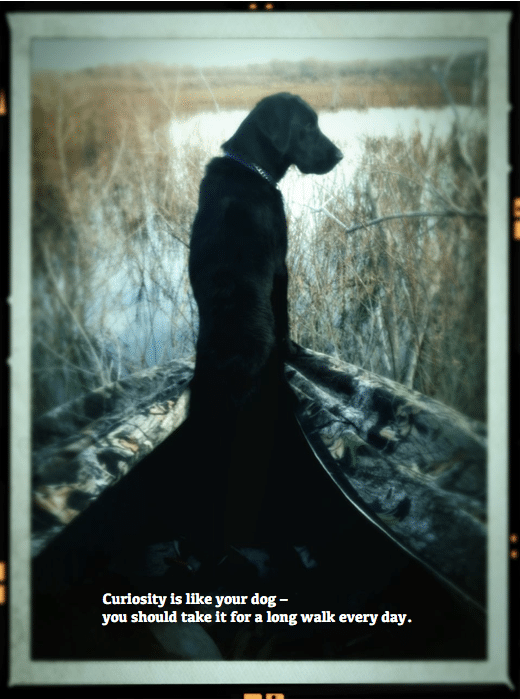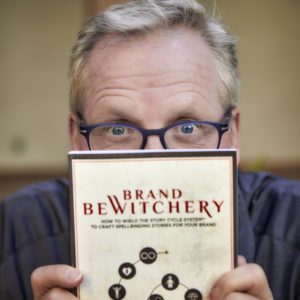Seven years ago, I committed myself to understanding story structure and how we can use storytelling to nudge the world in any direction we choose. I’ve studied what Hollywood knows about creating epics, muscled through the premiere screenwriting workshop in LA, researched scores of books on why our minds are suckers for story, and we’ve practiced storytelling at our agency.
Now I’m in the throes of writing a book on what I’ve learned: how brands, nonprofits, internal communications departments, sustainability professionals and individuals searching for a new career path can use Joseph Campbell’s hero’s journey as a road map to success. In chapter six of my book, where I explore how brands are mentors in the hero’s journey of their customers, a funny phenomenon enabled by Facebook struck me.
When Mark Zuckerberg stole/started Facebook in 2003, his vision was to create an online community that would help students at Harvard connect. His viral hood couldn’t be contained. Facebook has grown to hundreds of millions of users worldwide, and it has become a veritable pulpit for people to share their views on life. I’m not talking about the hyper-babble rants on politics, gun control and same-sex marriage. What intrigues me about Facebook is how it gives voice to our insatiable need to spread our version of wisdom through memes so high-minded and polished that they should make Hallmark blush. By meme, I mean an image, picture, message, or video that captures and succinctly communicates a cultural idea and transmits it. Richard Dawkins describe memes in his 1976 book, The Selfish Gene, as a unit of cultural transmission. An idea virus this is only as effective as it’s human host is in conveying it.
You’ve seen the memes quoting everyone from Aristotle to Cher, breathtaking landscapes with equally verdant prose, dog thoughts and cat flix as metaphors for life’s mechanics. In my yearning for sap-free immortality, I too create and post memes to help followers get through the day.
I believe Facebook has become the almighty altar for campy metaphysical messages because people sincerely want to help and mentor others. This need to share how we believe life works is one of our most fundamental callings as social beings, and it is a uniquely human trait that has insured our survival over the millennia.
How does your brand act as the meme or mentor to your customer? What is its promise that fulfills their emotional needs. What is it’s gift? And if you could pick an archetype for your brand’s character, which would it be?
I will cover these, and nine other steps to building an heroic brand when my book comes out this fall. In the meantime, please let me know how you use the power of story to nudge the world in any direction you choose.












